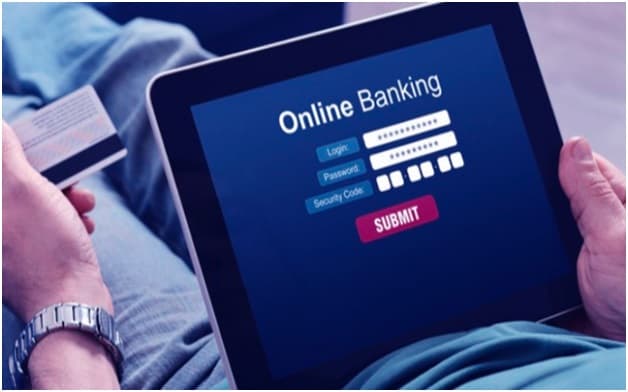How to Secure Your Online Banking
Online banking, while handy, has certain drawbacks. Non-vigilant users risk losing their banking data or identity. When dealing with personal finances online, you must be careful of your actions because some might place your personal finances in danger. Here are some online banking guidelines to keep your money and identity safe.
Change Your Password Often
Change your password at least once every 90 days. Make your password a mix of lowercase, uppercase, numerals, and special characters. Avoid using obvious words like your pet's or family member's names.
Don’t Access Personal Finances Via Public WiFi
Public WiFi lacks the security required for internet banking. Assume that anybody may access your web history and passwords. Using public WiFi to bank online puts you at danger. If you must perform online banking in a public area, try using your own cell phone network.
Regularly Check Your Bank Account
Banks have systems to detect fraud. Despite their existence, these safeguards may not uncover all possible fraudulent transactions. Thoroughly study your bank transactions on a regular basis. Any unexpected transaction should be reported promptly to your bank.
Enable Bank Text Alerts
If your bank offers text notifications, sign up. Your bank will SMS you whenever money is taken or deposited from your account. These regular alerts allow you to keep an eye on your account's activity. If you get an SMS concerning an unauthorized transaction, call your bank immediately.
Update Your Devices
You should always update your phone or computer software when prompted to do so in order to avoid malware and security breaches. Updates are often implemented to fix newly found software flaws.
Disable Automatic Login
Automatic login saves your password and username so you don't have to remember them every time you access your personal finances. This is handy but not completely safe. What if an unauthorized individual acquires your phone or computer? Consider removing this function on any of your devices.
Enable 2-Step Verification (2FA)
Enrolling in two-factor authentication allows you to receive a one-time password each time you log in. The extra step may seem inconvenient, but it is worthwhile. Every time you try to log in, you'll get a text or email with a unique code. If you weren't the one who made the request, you may stop a hacker right away.
Protect Your Phone
If you often use mobile banking, you should take advantage of all security measures. Keep your phone locked. A pattern, pin, or fingerprint can lock the home screen. This makes it harder to break into your phone if it's stolen.
Log Out After Each Banking Session
This reduces the risk of session hijacking by a person who gains control of your computer or device after you’ve worked with your personal finances. Your browser can also be programmed to erase its cache after each session if you choose.
You may avoid issues by following the preceding advice. Consider applying all of these suggestions for online banking security. Contact your CPA if you have questions about your money.

Nima Akhbari CPA
